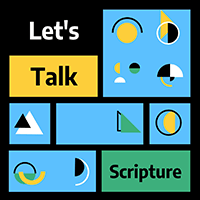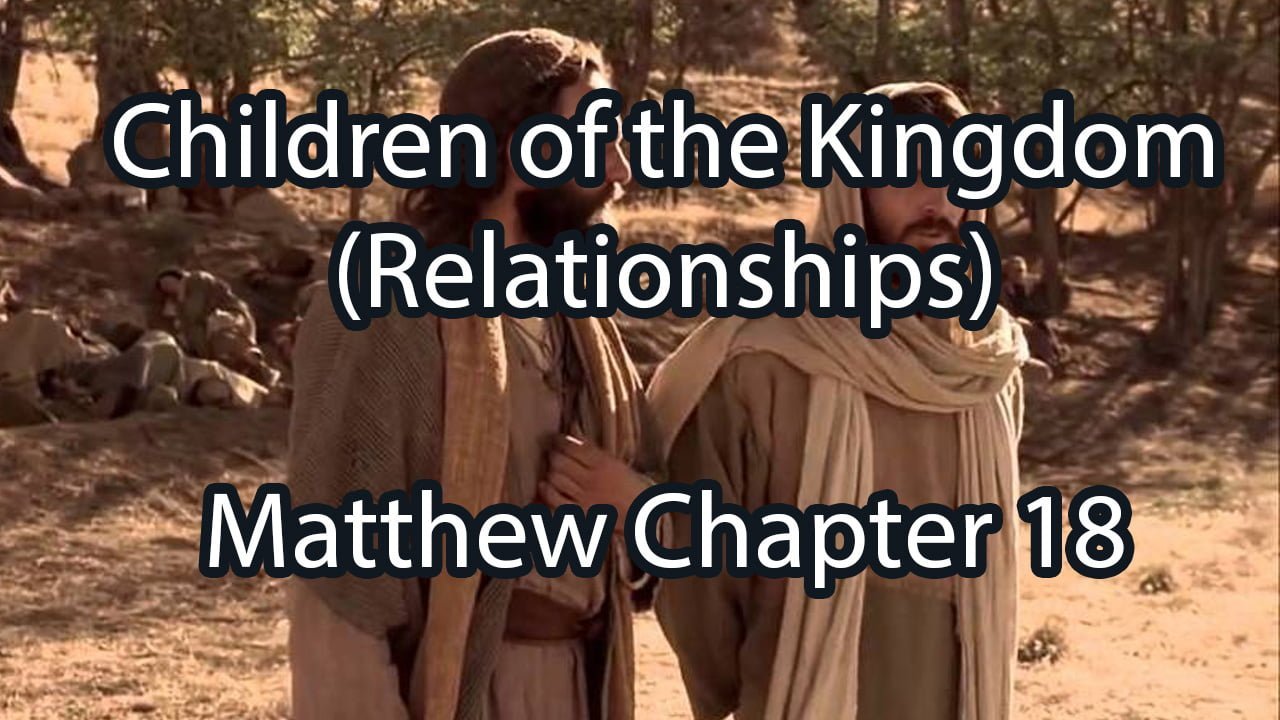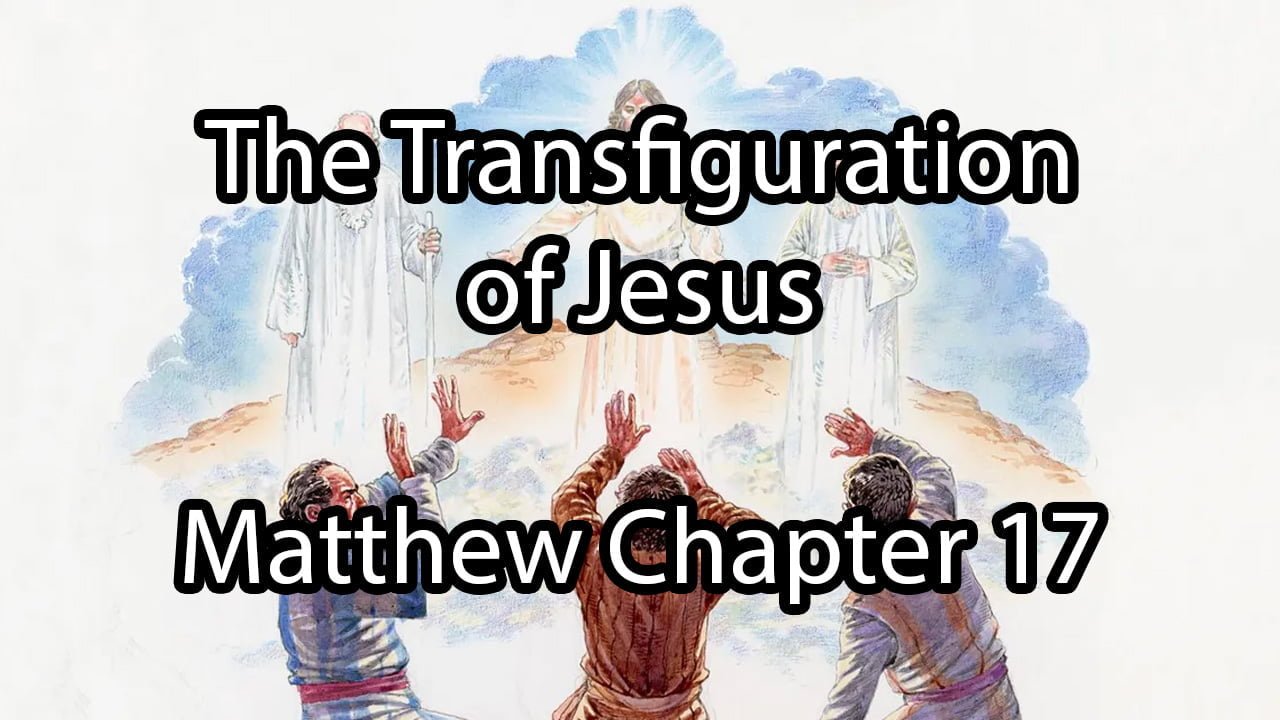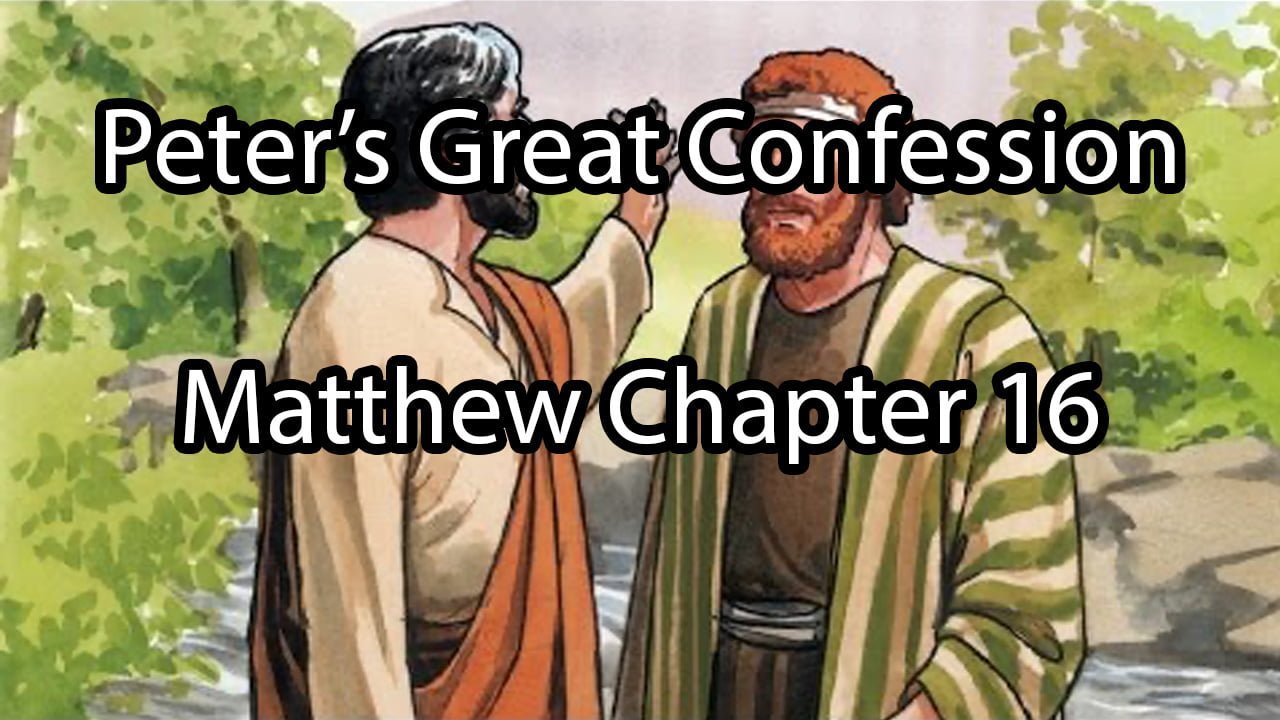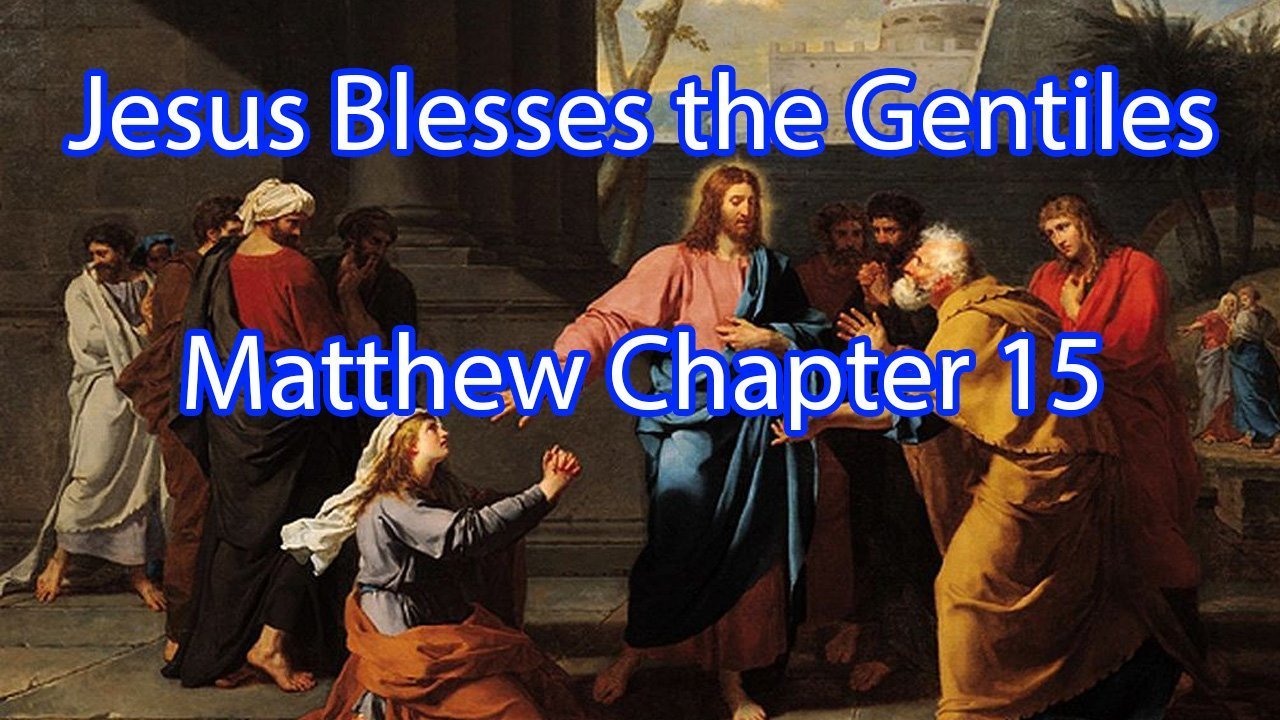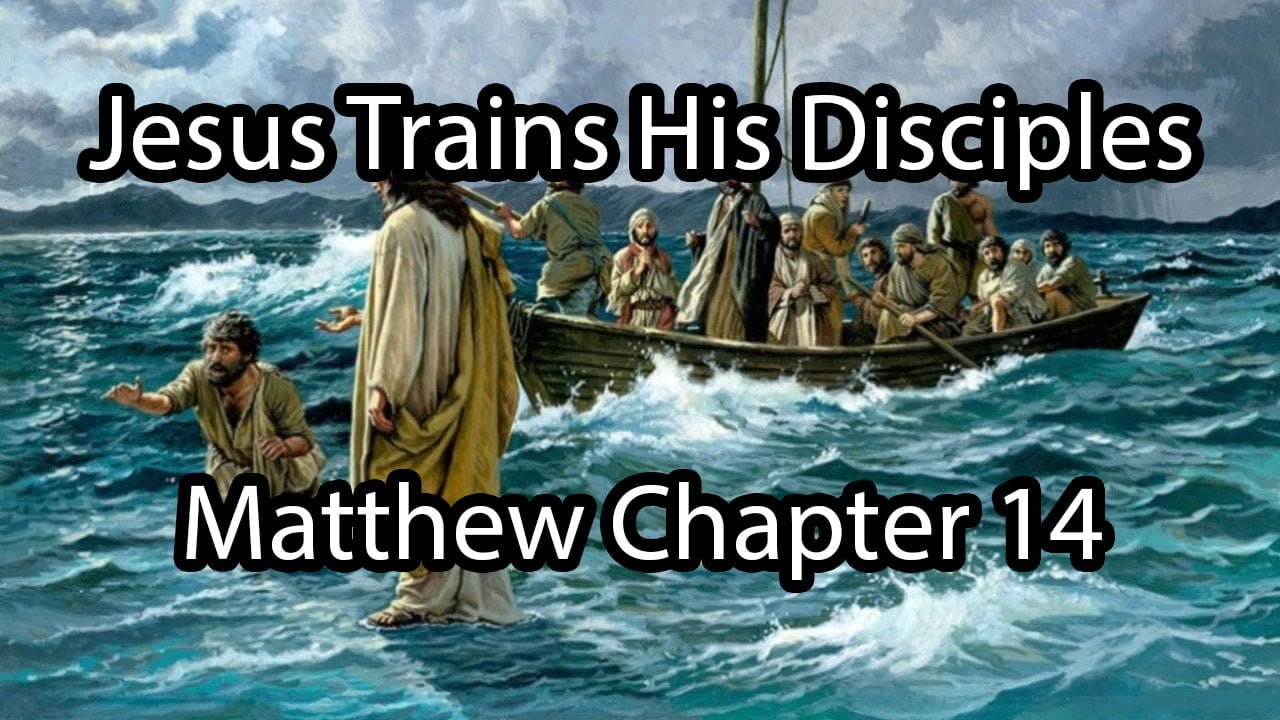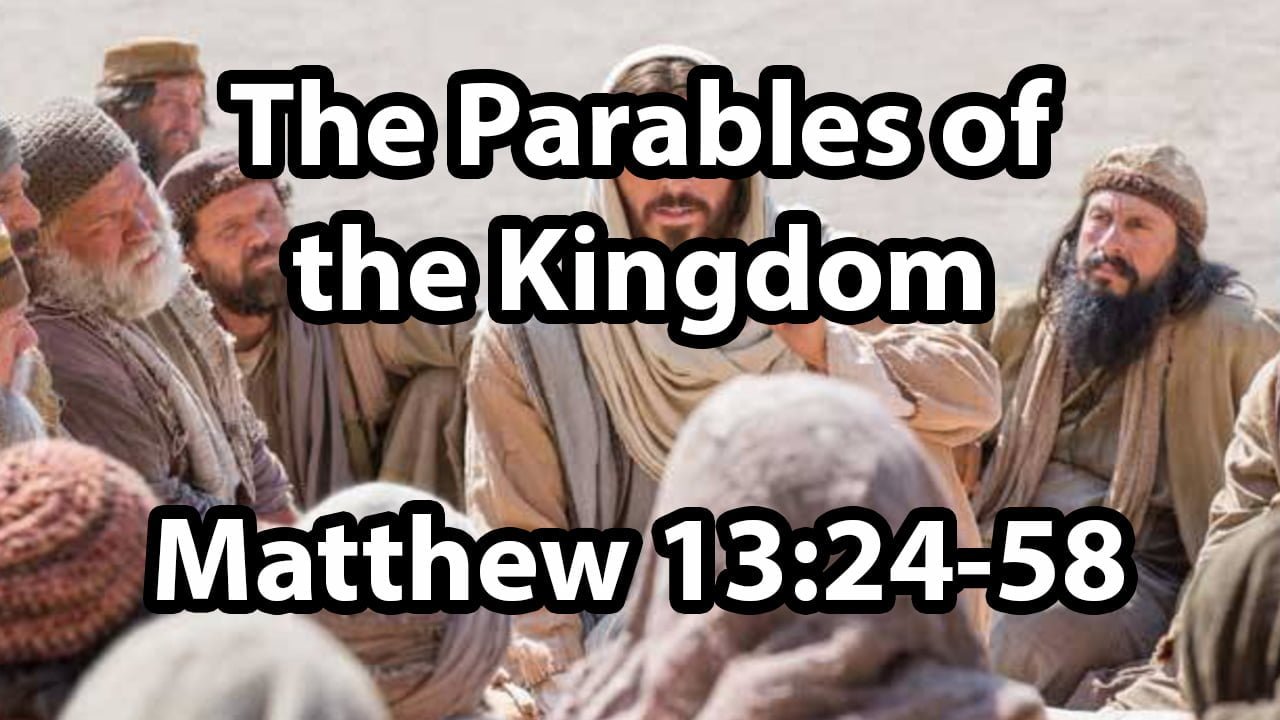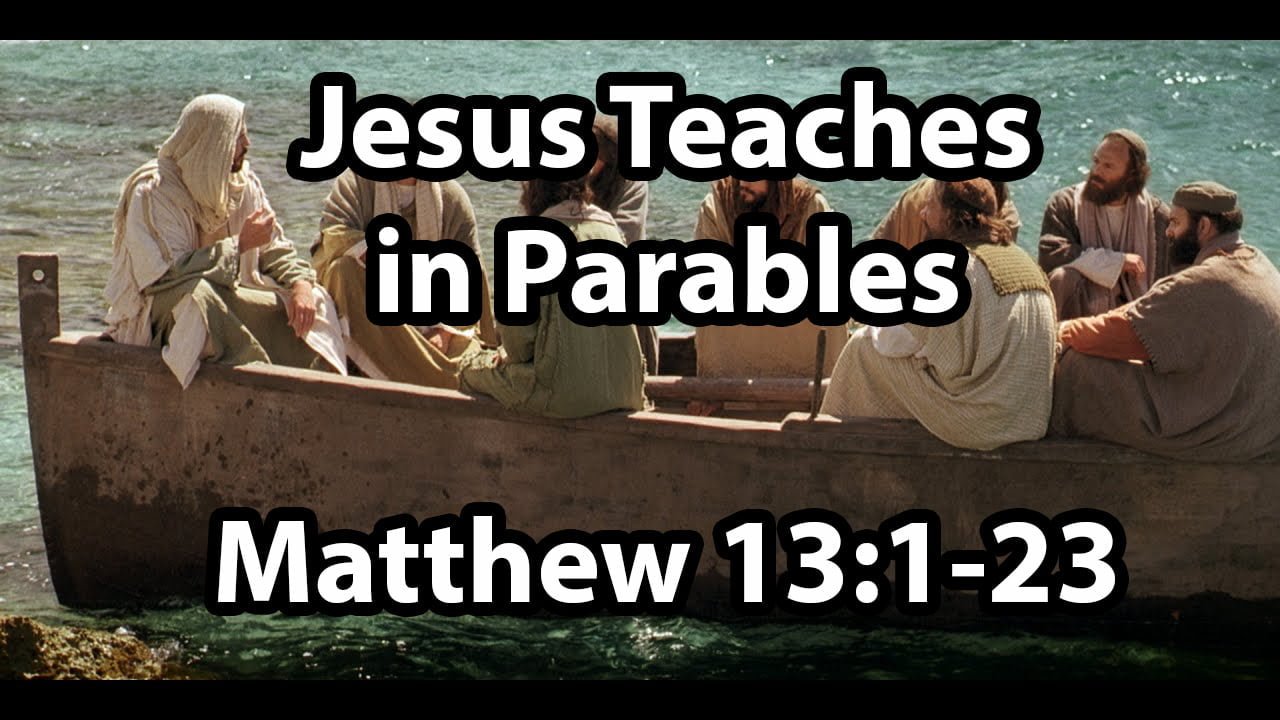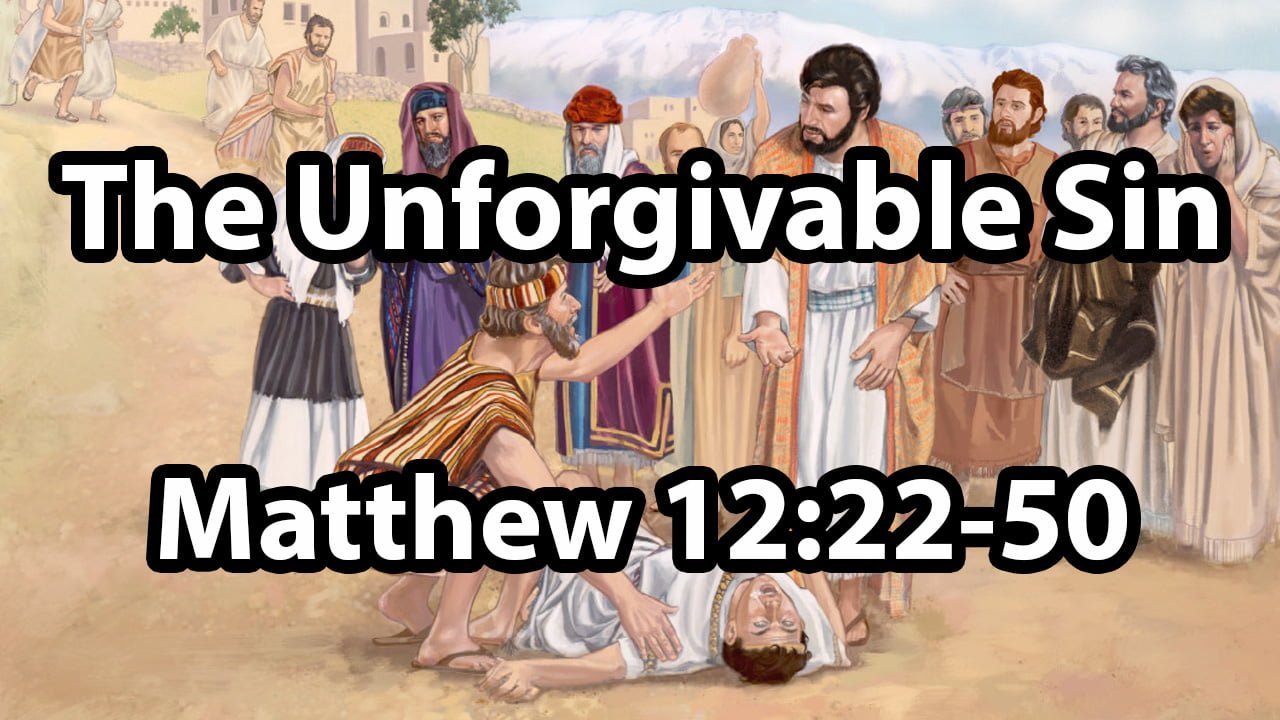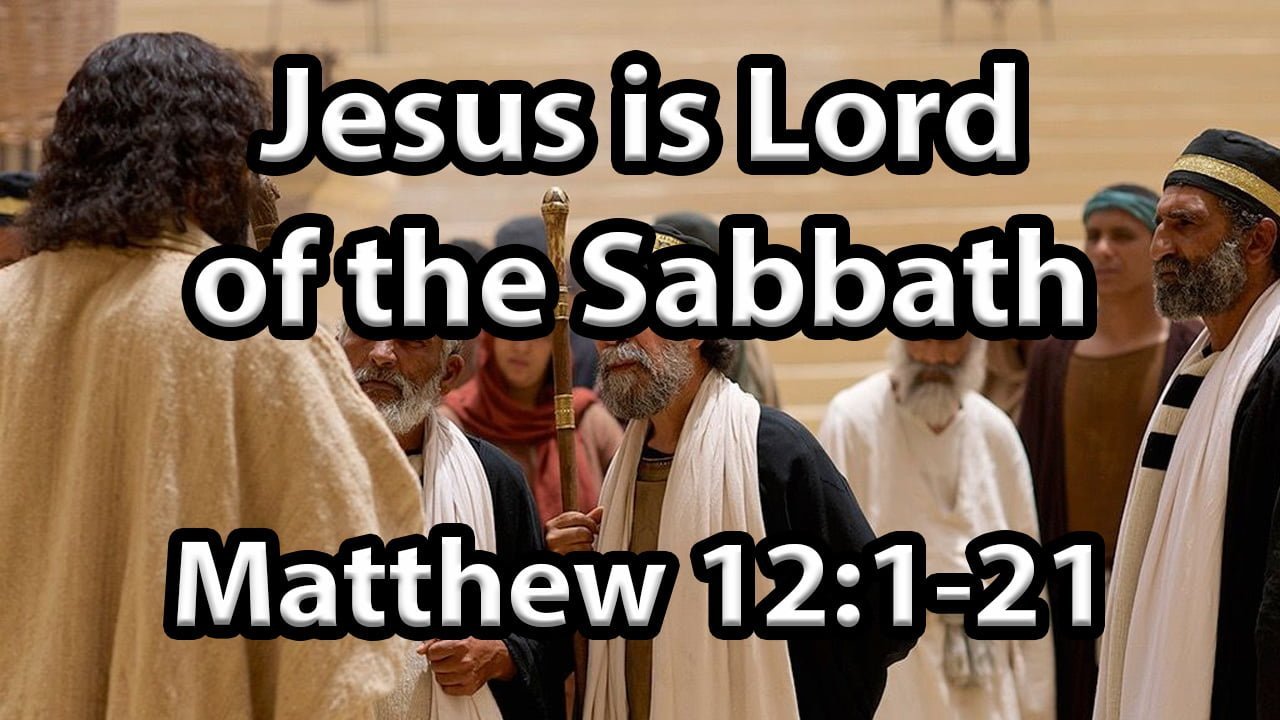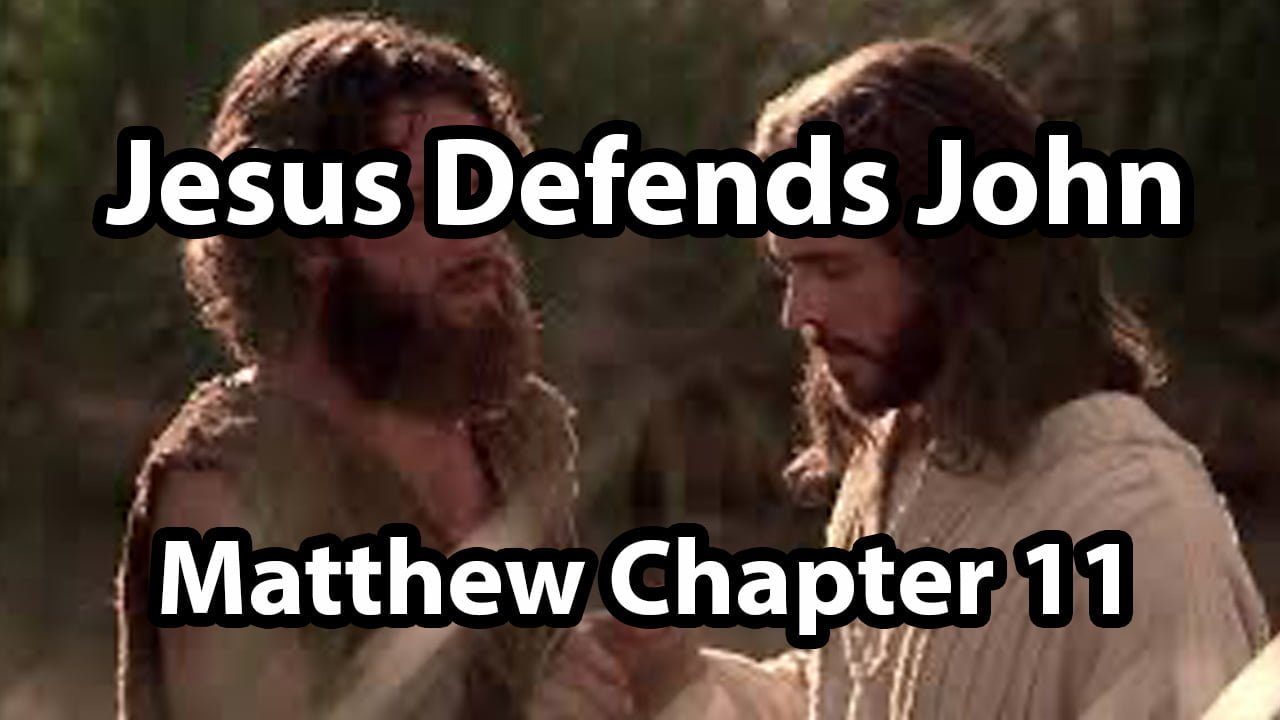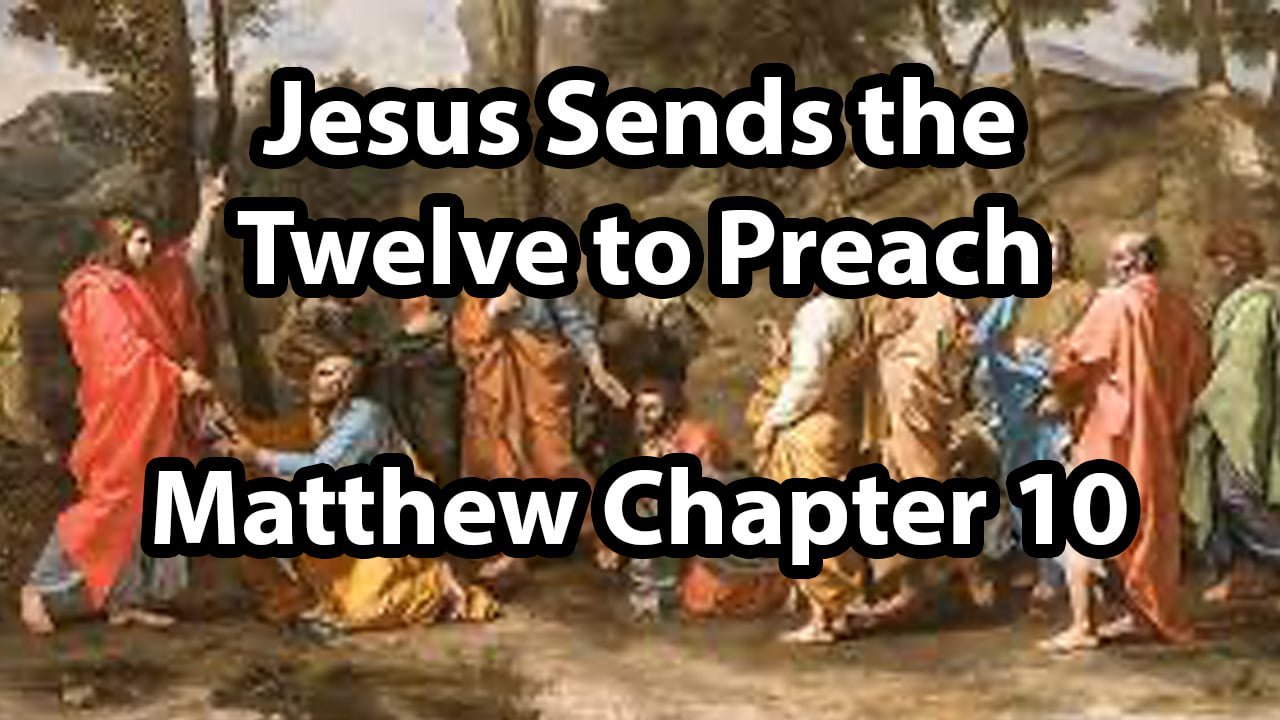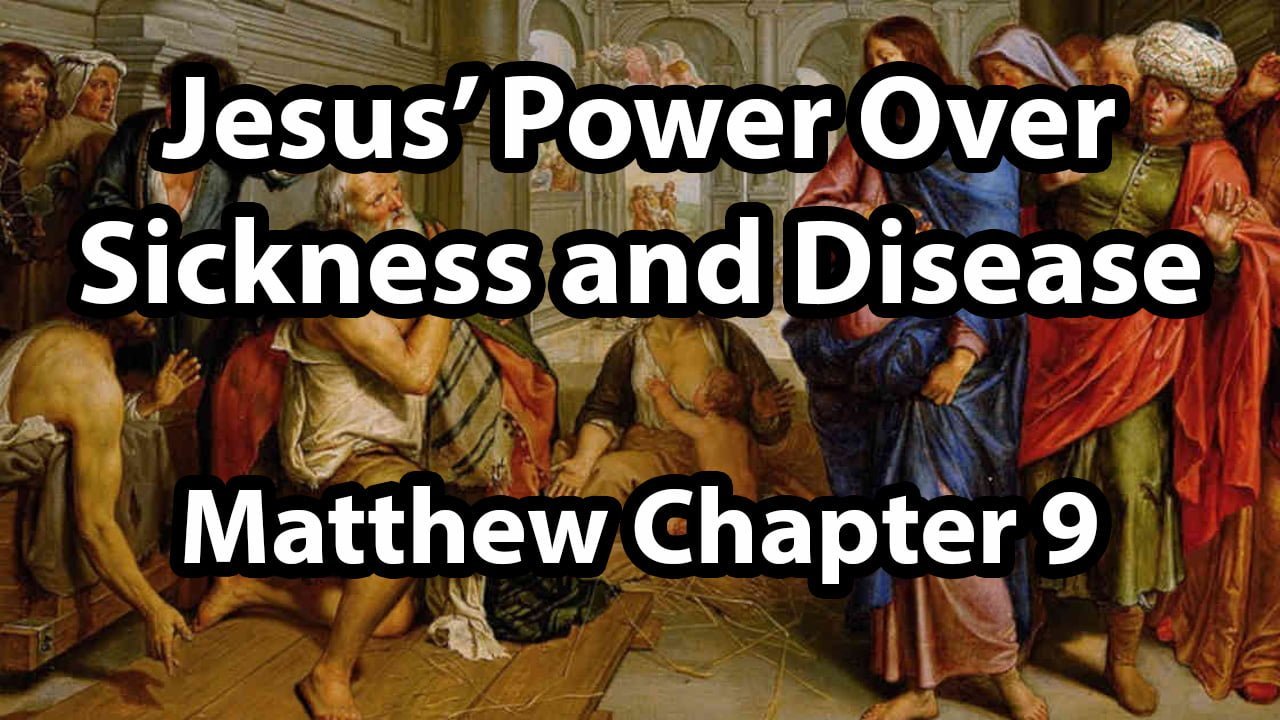Sign up for your free membership to
get access to member-only content.
Children of the Kingdom (Relationships) – Matthew Chapter 18
Continuing from the idea of “heirs of the kingdom”, chapter 18 deals with the children of the kingdom. That is, all who would be in the “new” kingdom should be humble as children and be careful of how they treat the least in the new kingdom (church).
The Transfiguration of Jesus – Matthew Chapter 17
After Peter’s great confession of Jesus dual nature as Messiah and God, Jesus began to reveal His upcoming death and resurrection. Then because of Peter’s unwillingness to accept this, Jesus taught them on the nature of discipleship – always doing the Father’s will. But He also encouraged them that some of them would see the coming Kingdom.
Peter’s Great Confession – Matthew Chapter 16
After returning from the region of the Gentiles, Jesus is once again confronted by the religious leaders, asking for a messianic sign. Jesus rejected their request and warned His disciples of the false teachings of those leaders. He then continued to ask about what the people and the disciples themselves thought of Jesus.
Jesus Blesses the Gentiles – Matthew Chapter 15
When Jesus is confronted by the pharisees because His disciples did not wash before eating, He teaches that true defilement comes from within and not without. He leaves and enters the regions of the Gentiles and with three examples of ministry teaches His disciples how that their future ministry would incorporate blessings for the Gentiles.
Jesus Trains His Disciples – Matthew Chapter 14
After revealing the mystery kingdom AND since the rejection of Jesus as the nation’s Messiah and King, Jesus “withdraws” and begins to teach and train His disciples for their future work in the ministry. The death of John the Baptist marks this transition.
The Parables of the Kingdom – Matthew Chapter 13 part 2
In this second part of Chapter 13, Jesus continues to teach in parables concerning this new mystery kingdom. He explains how that this new kingdom (the church) will begin pure and end in impurity; begin small and end great; begin with right doctrine and become saturated with false doctrine.
Jesus Teaches in Parables – Matthew Chapter 13 part 1
Chapter 12 begins a pivotal moment in the ministry of Jesus. It is the national rejection of Jesus as Messiah by the leaders. And because of this, Jesus withdraws His offer as Messiah to the nation and begins to speak of a new “mystery” kingdom”. So, Israel will not receive the kingdom at this time, but instead, a kingdom that was not foretold will now be birthed.
The Unforgivable Sin – Matthew Chapter 12 part 2
In the previous section of chapter 12, we saw where the pharisees were rejecting Jesus because of what He was doing on the Sabbath and that they had determined to kill Him. In this last section, a mute, demon-possessed man is brought to Jesus and He heals him.
Jesus is Lord of the Sabbath – Matthew Chapter 12 part 1
In this section of chapter 12, we are confronted with Jesus teachings and works on the Sabbath day. His teachings were fundamentally different from those of the pharisees because He only taught how to understand the Sabbath from the Mosaic Law alone and not the rules of the pharisees.
Jesus Defends John – Matthew Chapter 11
After Jesus sent His disciples to minister in Galilee, some disciples of Jon cam to Him, asking if He truly was the Messiah (being sent by John the Baptist). Jesus kept working wonders and told them to go back to John and report the things that they have seen.
Jesus’ Power Over Sickness and Disease – Matthew Chapter 9
Jesus continues His healings in His hometown and surrounding areas. He demonstrates the wonderful truth of His divine Person in the healing of the paralytic. And we also see the calling of Matthew and the early stages of His rejection by the pharisees. He discusses fasting; and continues His ministry of signs which proclaim that He is the Messiah.
